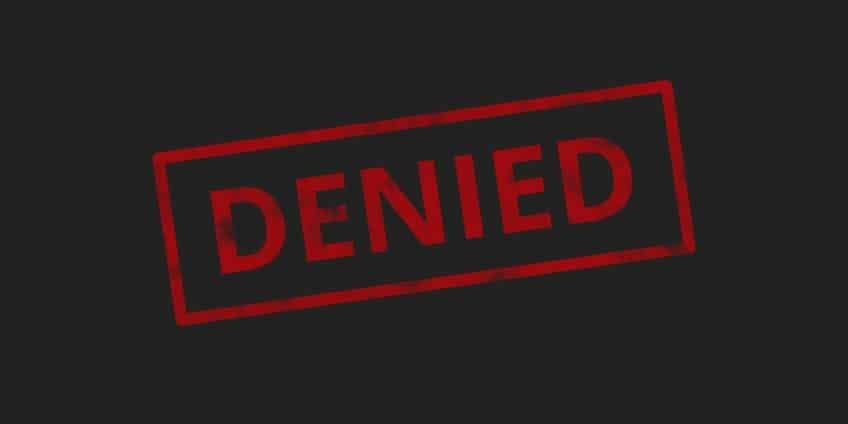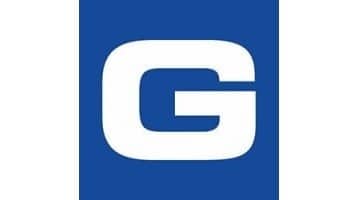No Setoff For UM Bad Faith Settlement
Car AccidentsIn the case of Alberta Ellison v. Randy Willoughby, Case Number 2D19-1961 (Fla. 2d DCA June 11, 2021), Florida’s Second DCA held that a tortfeasor does not get a setoff for bad faith on the part of the injured person’s insurance company.
Facts of the Case
Willoughby sustained serious injuries in an accident with a truck. He sued both the truck driver/owner of the truck as well as his own UM carrier. Two years later, the plaintiff settled with his UM carrier for $4 million to satisfy policy limits of $10,000 plus $3.99 million for bad faith pursuant to sections 614.155 and 627.727(10), Fla. Stat.
Thereafter, the case went to driver against the Ellisons resulting in a verdict of approximately $30 million. While it was undisputed that the defendants do not get a setoff for the $10,000 in UM coverage that the plaintiff had, the issue in this case is whether the defendants can get a setoff for the $3.99 million in damages for bad faith that the plaintiff received from his own insurance company.
The Second DCA answered this question clearly by saying that a defendant does not get the benefit of a settlement with a UM carrier, even for bad faith.
Legal Analysis
As mentioned above, the law is clear that an underinsured tortfeasor is not entitled to a setoff for payments made by plaintiff’s own UM insurer. The relevant cases supporting this are listed below:
- Hughes v. Enterprise Leasing Co., 831 So. 2d 1240 (Fla. 1st DCA 2002)
- Terri Van Winkle, P.A. v. Johnston, 813 So. 2d 1065 (Fla. 1st DCA 2002)
- Hernandez v. Gisonni, 657 So. 2d 33 (Fla. 4th DCA 1995)
- Economy Fire & Casualty Co. v. Obenland, 629 So. 2d 265 (Fla. 2d DCA 1993)
- Respess v. Carter, 585 So. 2d 987 (Fla. 5th DCA 1991)
The defendants sought to use section 768.041(2), Fla. Stat. to “prevent a windfall to a plaintiff by way of a double recovery.” Section 768.041(2) requires a setoff when a defendant can show that a plaintiff has delivered a release of any person, firm, or corporation in partial satisfaction of the damages sued for. The Second DCA wanted to stop here and hold that bad faith should be set off against a judgment, however, they could not do so because section 768.041(2) also “presupposes the existence of multiple defendants [who are] jointly and severally liable for the same damages” (D’Angelo v. Fitzmaurice, 863 So. 2d 311, 314 (Fla. 2003)). Therefore, a UM carrier (who is sued for breach of contract) is not jointly and severally liable for the same damages in the same way that two drivers would be jointly and severally liable for the same accident (UM coverage is considered excess over any coverage that the at-fault driver had).
Hence, payments made by the plaintiff’s UM carrier are not to be considered a “collateral source” to which the defendant enjoys a setoff.
Talk To A Lakeland Personal Injury Lawyer About Your Case
Bad faith can occur when your own insurance company fails to settle when they should do so. When that happens, the person who caused the accident does not benefit by paying less as this case is all about. This case shows precisely why hiring a personal injury attorney for your Florida car accident case is very important. Call Russo Law today to schedule your free consultation.


